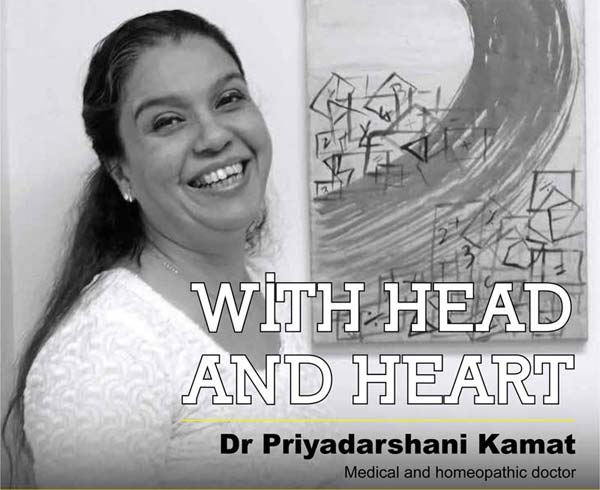Have you ever felt low, weak, light-headed, irritable, exhausted, mildly depressed or slightly giddy? If the answer is yes, then you are probably facing an energy crisis in your body.
Before you reach out for that cup of coffee, tea or a chocolate bar to get your ‘energy boost’, hold on. These are the very energy ‘sappers’ that you are heading towards. They are high on caffeine which will give you a sudden spurt of energy for a short period followed by an extended period of low. Besides, over their prolonged usage, you become dependent on a certain level of consumption to maintain your levels of energy.
Excess caffeine over a prolonged period can also lead to palpitations, anxiety, insomnia. So then are we suggesting a caffeine-free life? Well, if possible yes, or just have it for fun, taste or to socialize occasionally but always in moderation and never ever as a substitute to boost energy.
The other ‘energy sappers’ are the high sugar foods and drinks such as biscuits, cakes, soft drinks and confectioneries. These foods lead to a rapid rise in the blood sugar which the body tries to over compensate, thereby leading to a low blood sugar as well as periods of a sudden drop in mental or physical energy. So if you have an extreme craving for some sweet, it means that you are either skipping meals or not eating healthy meals.
Alcohol is the third most common energy sapper. It too releases sugar rapidly into the blood stream and the congeners in it contribute to the ‘hangover’, further adding to energy depletion. Hereto, if you need to have alcohol socially then you may consider adding some extra water or fruit juices. Also eating a high protein snack or raw veggies with alcohol should typically slow down its absorption. So reach out for some grilled meat and celery, carrot sticks…..but do keep those chips away, please.
So then what should one indeed eat? Here I present the four main ‘energy sustainers’ of the body that we should consider including in our diet:
- Whole grain starches, such as whole meal flour, brown rice, rye, millet.
– These provide sustained supply of energy thus helping maintain blood sugar
– Rich in B-vitamin which plays a role in the conversion of food into energy
– Rich in chromium essential for sugar metabolism and blood sugar stability
– These are also rich sources of iron and folic acid - Beans and Pulses
– They contain high proportions of carbohydrates and proteins for conversion into energy for the body.
– When sprouted they are the power houses of vitamin B which further help to convert food into energy for the body - Fresh fruits – please keep the canned away
– Fresh fruits provide a ready supply of energy
– They are rich in potassium which enhances the nerve and muscle functions
– High in water content which plays an important role in all the body processes
– Since easily digested they do not sap the already depleted energy of your body - Fresh vegetables, preferably raw, lightly steamed or baked or stir fried in minimal oil
– Along with all the benefits of fruits, fresh vegetables are also rich in iron, calcium, magnesium and folic acid which not only enhance nerve and muscle functions but also help red blood-cell (RBC) formation and hence aid the transport of oxygen essential for energy production
– Root vegetables like potatoes, carrots, parsnip also provide ready supply of energy for immediate needs
Just a passing word of caution would be warranted. There are certain illnesses which have fatigue or weakness as one of their presenting symptoms. They are anemia, thyroid (hypo or hyper) and diabetes. So if dietary changes do not help in decreasing the fatigue or if there is a strong family history of the above diseases, then please consult your physician and get yourself clinically and pathologically examined.

